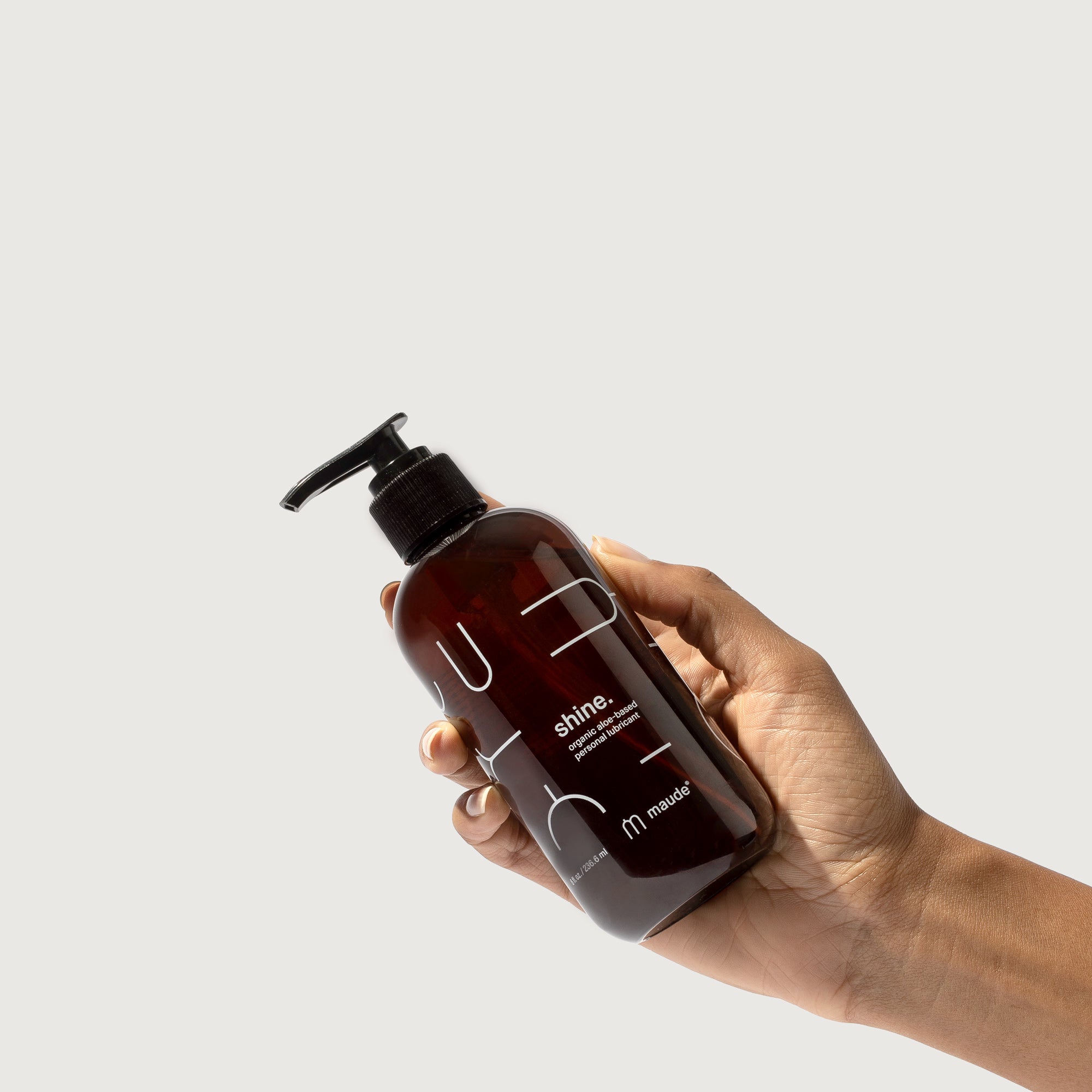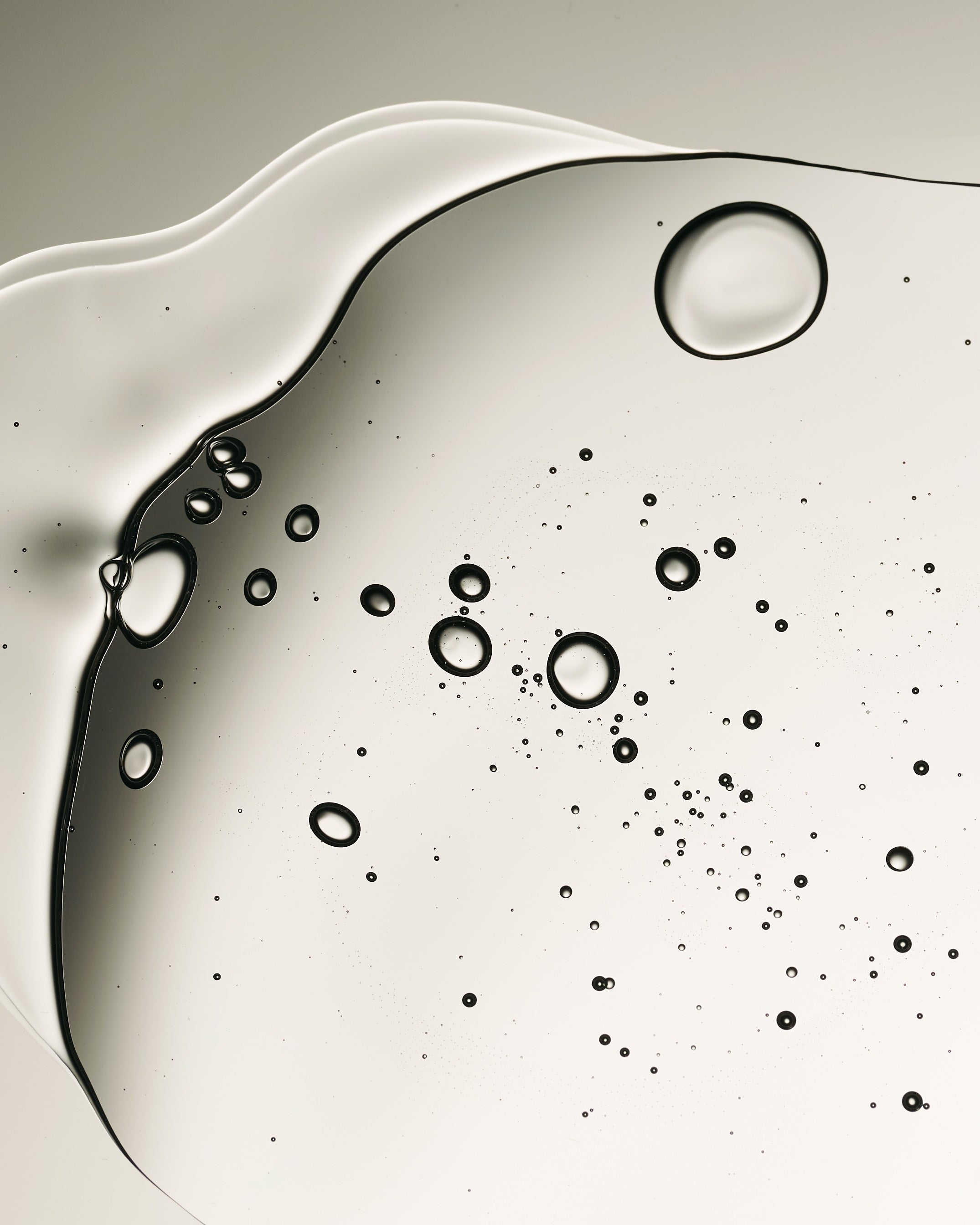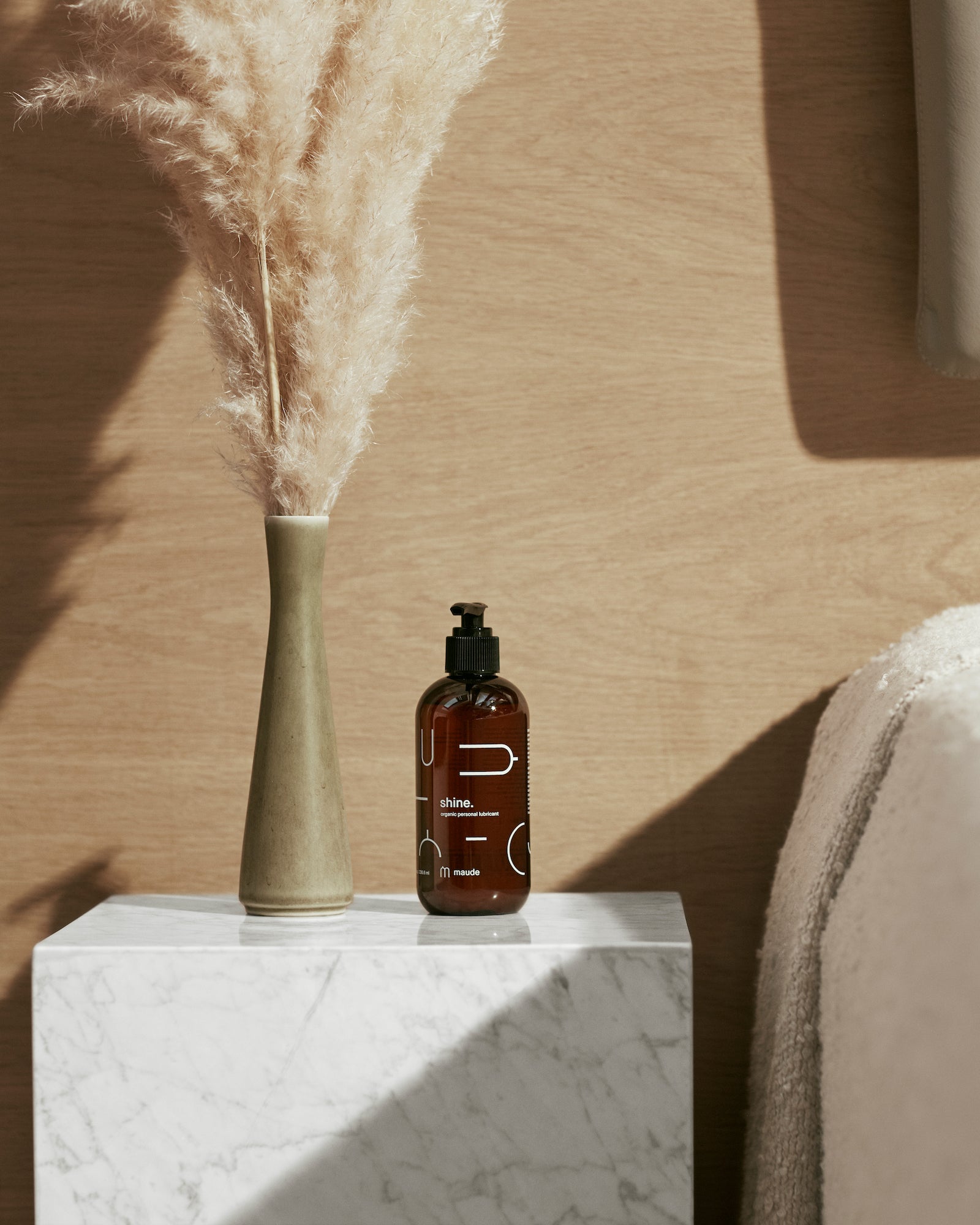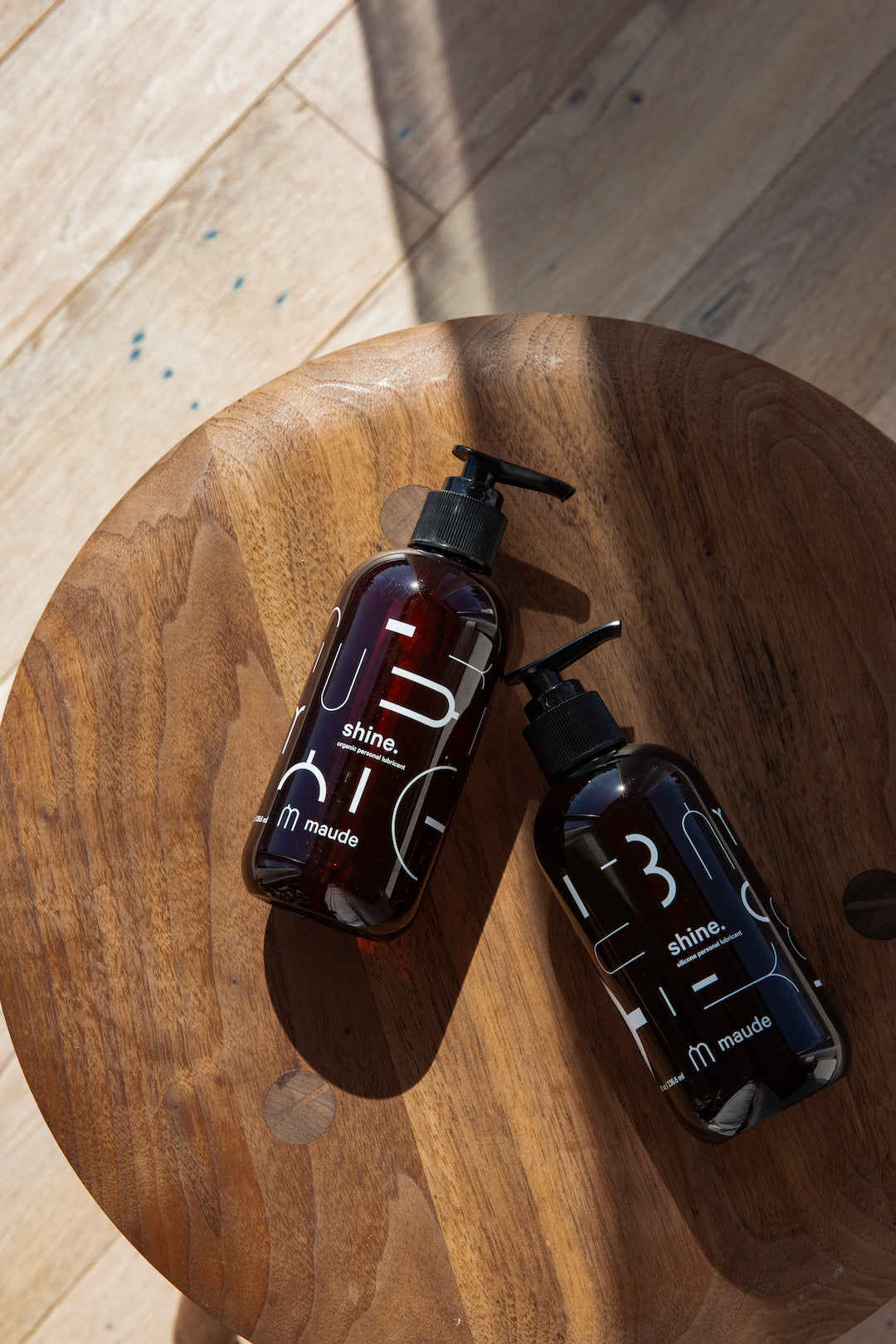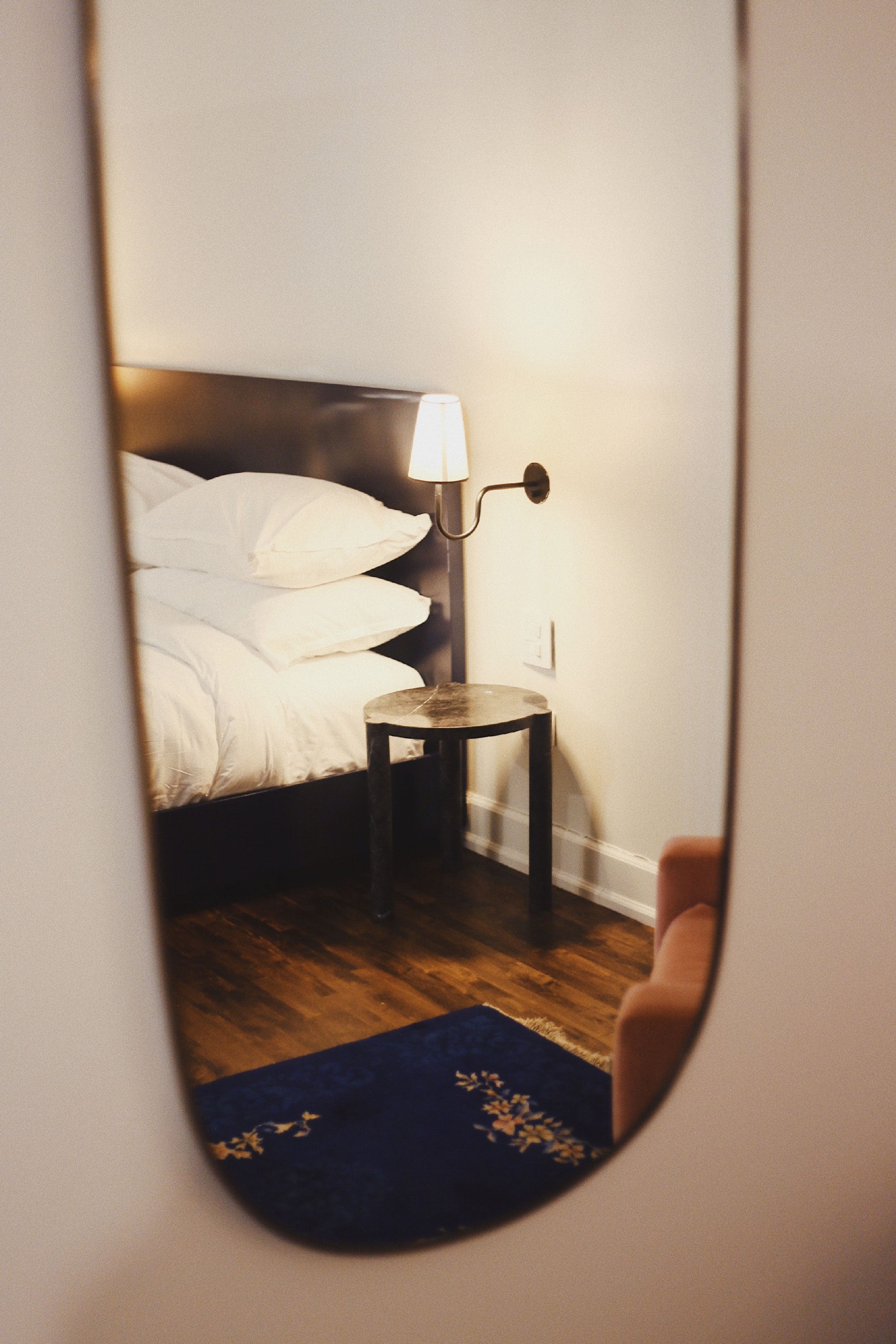Everything you need to know about natural lubrication.

First off, getting wet isn’t always quite so simple.
In essence, the vagina produces its own lubrication, which is stimulated by sexual arousal. This lubrication reduces friction, making intercourse more comfortable and, importantly, more fun. Some people struggle to produce natural lubrication, though—and that may be due to menopause, medication, or simply chance: Contrary to what pop culture may tell you, the inability to get wet on your own is not necessarily a sign that you’re not in the mood or that you have some underlying health problems.
What causes lubrication?
It’s a natural sexual reflex, which relies on blood flow, enzymes, and some hormones—notably, estrogen. So, during sexual activity such as foreplay, your body does what it needs to do. There’s no set amount of time it might take to get wet—in younger women, that can be less than a minute, but in women over the age of 40, it typically takes between one and three minutes, according to Summit Medical Group. That’s not a set standard, though—in fact, similarly to penile erection, factors like stress can also make it more difficult for you to feel physically aroused, even if part of you is in the mood.
What might make natural lubrication more difficult?
As previously mentioned, menopause is a big factor when it comes to vaginal dryness, but this can be combated with treatments like topical vaginal estrogen or vagnial moisturizer—not to be confused with lube, which, yes, can and still be used in the moment.
Medications like antihistamines, hormonal birth control, and antidepressants can also have an effect, and even certain cancer treatments can reduce your ability to get wet, too. At the end of the day, there’s a whole host of factors that can affect your body beyond what you’re feeling in the moment.
Do you still need lube?
Here’s a myth you’ve maybe been taught through your life: Lube is not just a solution to a problem. It’s one item you should have in your toolkit to make sex all the more comfortable and enjoyable. The reality is that even if you’re not struggling with natural lubrication, it can still take a good amount of foreplay to feel ready for penetration (if that’s your end goal), and if you just have time for a quickie, lube can save the day. Or, conversely, if you’re going at it for a good long while, your body might not produce enough lubrication to keep you feeling good. And that’s not even getting into all the other benefits of introducing a good lube into the bedroom.
Moral of the story: moisture is a sign that you’re in the mood and having a great time. But if you’re on the dryer side, that’s not a reflection of you, your partner, or your sex drive. Sometimes, a little extra help is all you need.
